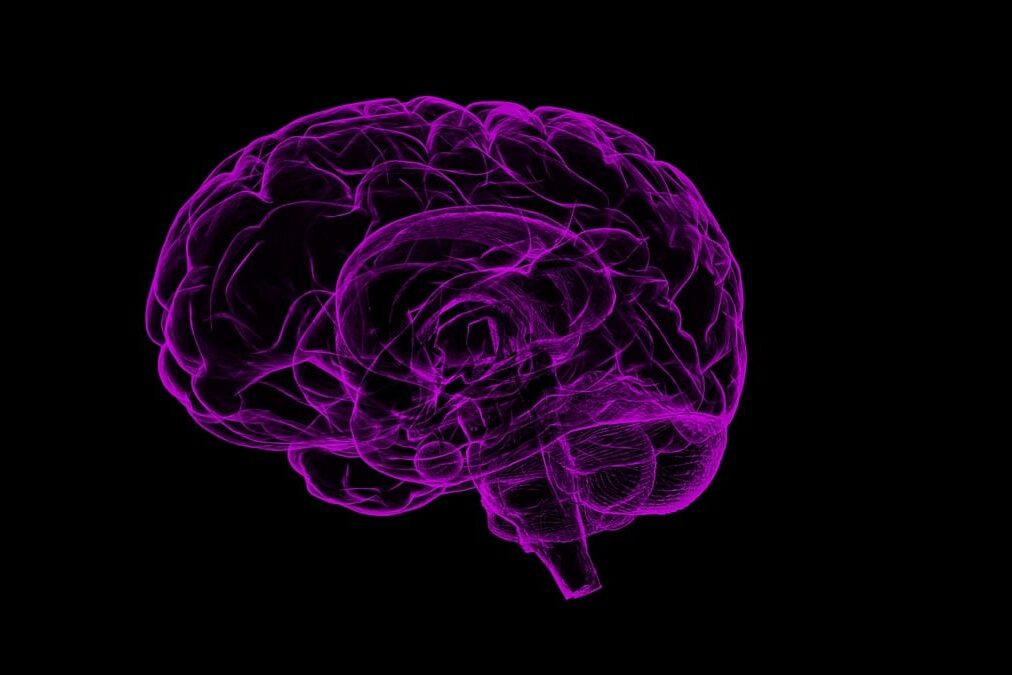Our brain is composed of 86 billion neurons and a similar number of non-neuronal cells.
The National Institute of Health’s Brain Research through Advancing Innovative Neurotechnologies (BRAIN) Initiative – Cell Census Network (BICCN), which was first launched in 2017, is a consortium of centers distributed in the United States and Europe that work together toward the goal of characterizing cell types and their functions in the brains of humans, nonhuman primates (NHPs), and rodents.
In Science, Science Advances, and Science Translational Medicine, we present the results of this monumental effort.
By leveraging the most-advanced technologies, which, until now, were mostly applied to animal models, the studies examine the cellular composition of the adult and developing human brain at the transcriptional, epigenetic, and functional levels.
The studies are organized around five main themes: (i) adult human single-cell atlasing, including studies using single-cell transcriptomic and epigenomic analyses to characterize the human brain; (ii) adult NHP single-cell atlasing, which focuses on similar single-cell analyses in marmoset and macaque brain; (iii) comparative single-cell analyses that compare cellular composition in human versus NHP brain; (iv) human and NHP brain development single-cell analyses that focus on the characterization of developmental dynamics in developing human and NHP brain; and (iv) human neuronal cell-type functional and anatomical analysis and modeling, which includes the physiological and anatomical characterization of cellular properties in living human tissues, and the modeling of cell types and specialized cellular properties in humans versus rodent models.
The data collected by the BICCN will now allow researchers to tackle fundamental scientific questions about the human brain and its genetic organization. The era of cellular human brain research is knocking at our door!
Source: Science.org
Author: MATTIA MAROSO
Date: 12 Oct 2023
Link: https://www.science.org/doi/10.1126/science.adl0913
Nutrigenomics Institute is not responsible for the comments and opinions included in this article.






